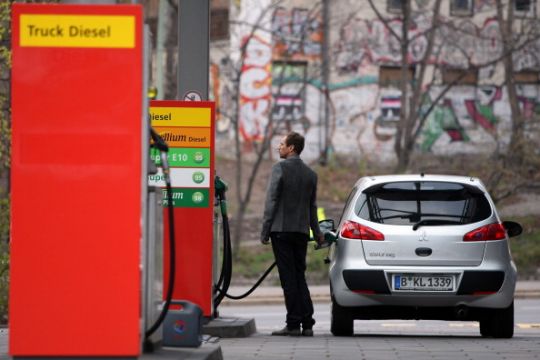The chief executive of Fuels for Ireland, Kevin McPartland has described Government plans for fuel rationing as a fire drill “so we will know what to do in the worst case scenario.”
Mr McPartland told Newstalk’s Pat Kenny show that the Government had plans in place for many years for potential fuel rationing in case there was ever a threat to fuel supplies.
The Government has an energy security group of which there are sub committees and he was part of the oil sub group, he explained. Meetings of the group were held on an infrequent basis, but had been held more frequently recently with the possibility of fuel shortages because of the war in Ukraine.
“We have to be prudent and plan," he said.
The shortage of gas supplies was the biggest threat to most countries in Europe, he said. This could mean a switch to oil for power generation. In Ireland there were commercial oil stocks which would last “two to three weeks”, while the National Oil Reserve had stock which would last 85 days in the event that oil supplies dried up completely.
Fuel rationing
Plans are now in place for fuel rationing with access on a priority basis such as ambulances, fire services, gardaí. There are “tiers” of priority, he said which could change depending on the duration of the threat to supplies.
This plan had been “worked up” over many years, with a clear list of essential workers which covered more than “just doctors and nurses”. Under the plan there would be dedicated service stations for the exclusive use of those who had been prioritised.
“Normal” motorists would be limited to 15 to 20 litres which would mean that people would have to change their driving habits. There could also be an order for people to work from home where possible, he added.
The measures were designed to reduce consumption of oil. It was still an “unlikely scenario”, he said.
“I’ve completed hundreds of fire drills, but I’ve never experienced a fire.
“This is a fire drill, so we will know what to do if the worst happens, but I don’t think we will have to.”







